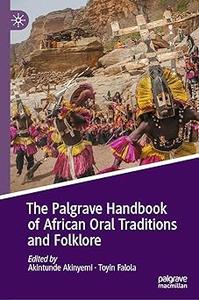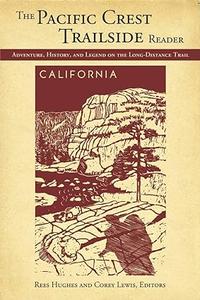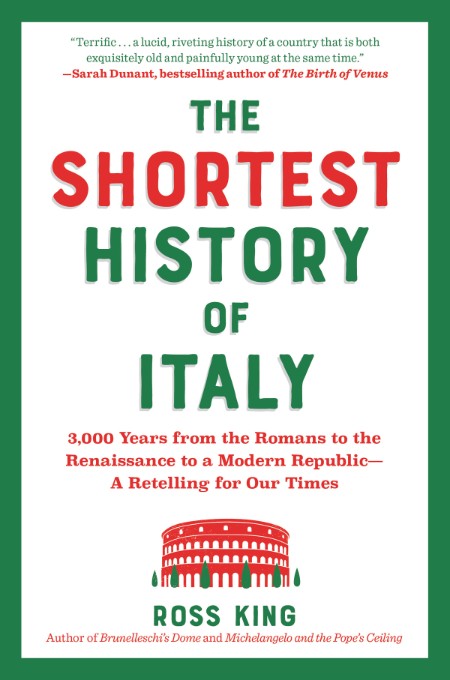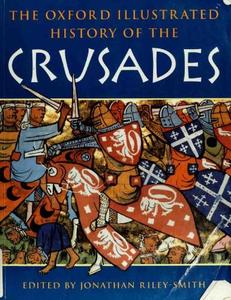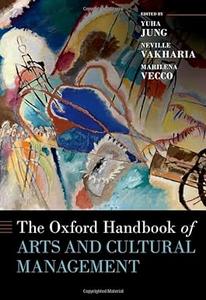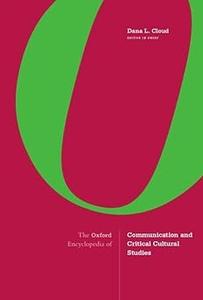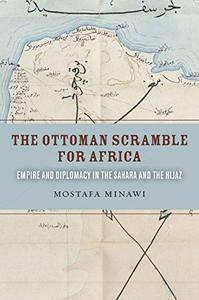Apr
24
2024
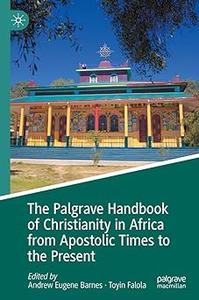
Free Download Andrew Eugene Barnes, "The Palgrave Handbook of Christianity in Africa from Apostolic Times to the Present"
English | ISBN: 3031482697 | 2024 | 719 pages | PDF | 12 MB
This comprehensive Handbook provides chapter length surveys of the history of Christian missions and Christian churches on the African continent since the time of Christ. Africa is rapidly becoming the most Christianized region of the world. While common narratives about Christianity tend to present Christianity as a set of ideas and beliefs imposed on Africa from the outside, such narratives hold little meaning for African Christians or for those seeking to understand Christianity in Africa as an indigenous faith. The aim of the Handbook is to propose a set of scholarly starting points for a new set of narratives. The chapters collected here communicate an idea of Christianity as it has been embraced among African peoples at particular historical moments. It therefore grants voice to the various strands of African Christianity on their own terms, and offers scholarly study of what these voices teach us about how the world's most adhered to religion is practiced and understood on the continent of Africa.

